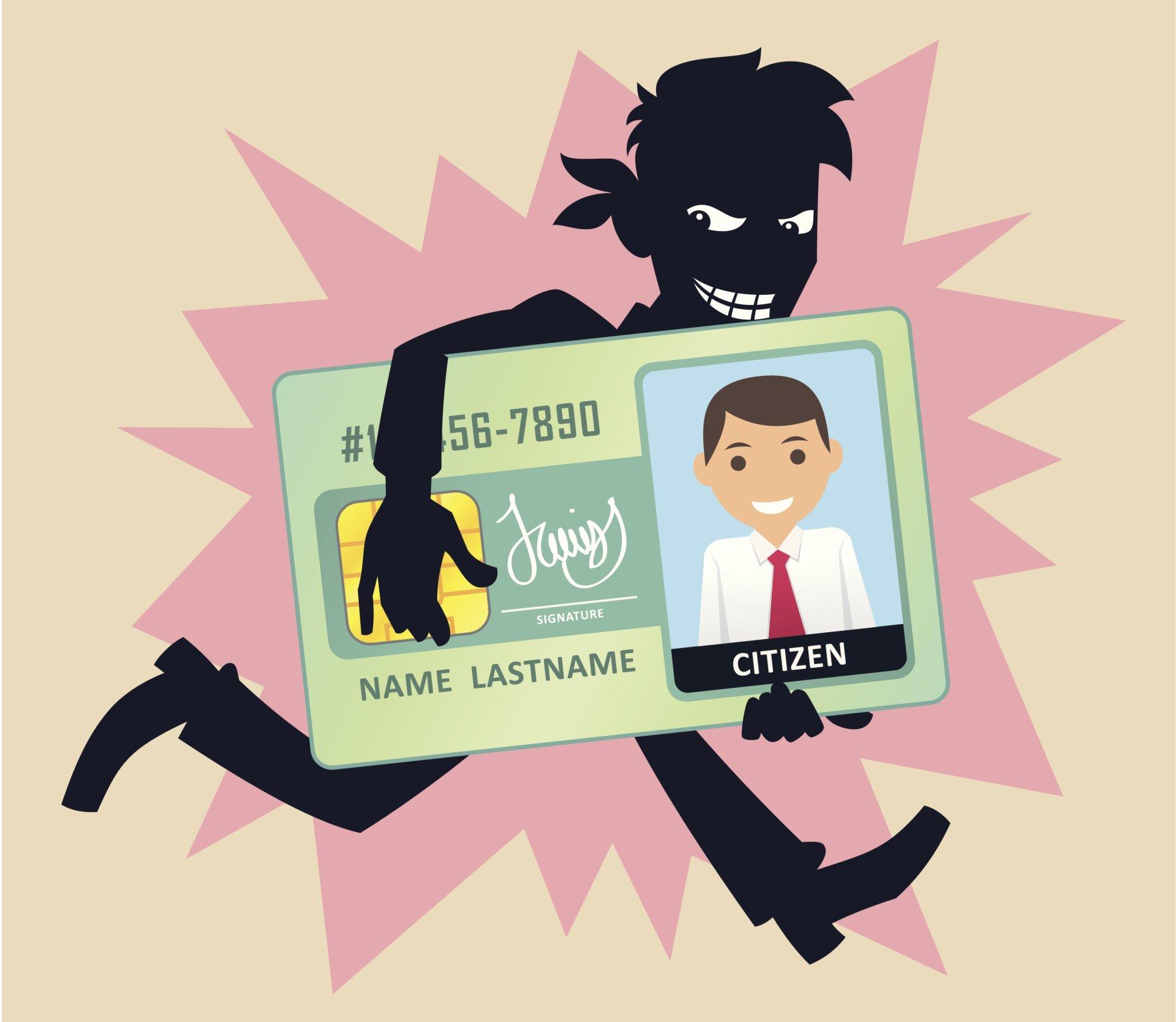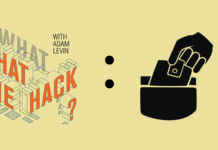
While you secure your identity by password-protecting your accounts and only giving your information to organizations that need it, there are still ways that identity thieves can steal your personal data. Not only can you go long periods without noticing you’ve been a victim, criminals could ring up excess charges that could damage your credit for years.
Although it’s easy to think that a billing company made a mistake, you should follow up on any late payment notices or other red flags that could indicate you are an identity theft victim.
Here are five little warning signs of identity theft you shouldn’t ignore.
1. Overdraw Fees
Although you might regularly check up on your bank account, there’s a chance that identity thieves may have stolen your credit card information — either through a company data breach or ATM skimming. With your information, thieves could use your debit or credit card in another state or overseas without thinking of the consequences, resulting in potential overdraw fees. Sign up for bank alerts to know as soon as you are charged a fee so you can notify your bank of fraud.
2. Unexpected Medical Bills
With all the bills you might receive, a medical bill doesn’t seem out of the ordinary. However, if it is from a hospital or doctor you don’t recognize, this could be a sign of medical identity theft. Confirm with your insurance company or medical provider when you received these services and whether the bill is a mistake.
3. Delayed Tax Return
While the IRS has fraud detection technology for tax returns, some fake tax files might still slip through. A late tax return may suggest that the IRS is reviewing a duplicate return using your information, which may stem from tax fraud identity theft. In case your tax return is delayed due to identity theft, you should report the fraud immediately to the IRS Identity Theft Protection Specialized Unit.
4. Mail is Missing
Some thieves target unsecured mailboxes to take mail that contains personal information. If you were expecting a piece of mail to come in with your tax info or other sensitive data and didn’t receive it, follow up with the sender. You could also contact local police and your closest Postal Inspection Service office, according to the U.S. Postal Inspection Service.
5. Notification of Medical Benefits Limit
The FTC also highlighted another troubling sign of identity theft: a rejection of a medical claim. Your health insurer may not approve a claim if someone else maxed out your benefits limit. Make sure to contact your insurer to challenge this and get things straight.
A great way to keep an eye out for identity theft signs is by monitoring your bank and credit accounts regularly by using free transactional monitoring alerts. You can also monitor your credit scores for changes every month for free on Credit.com.
This article originally appeared on Credit.com and was written by Patricia Oliver.










